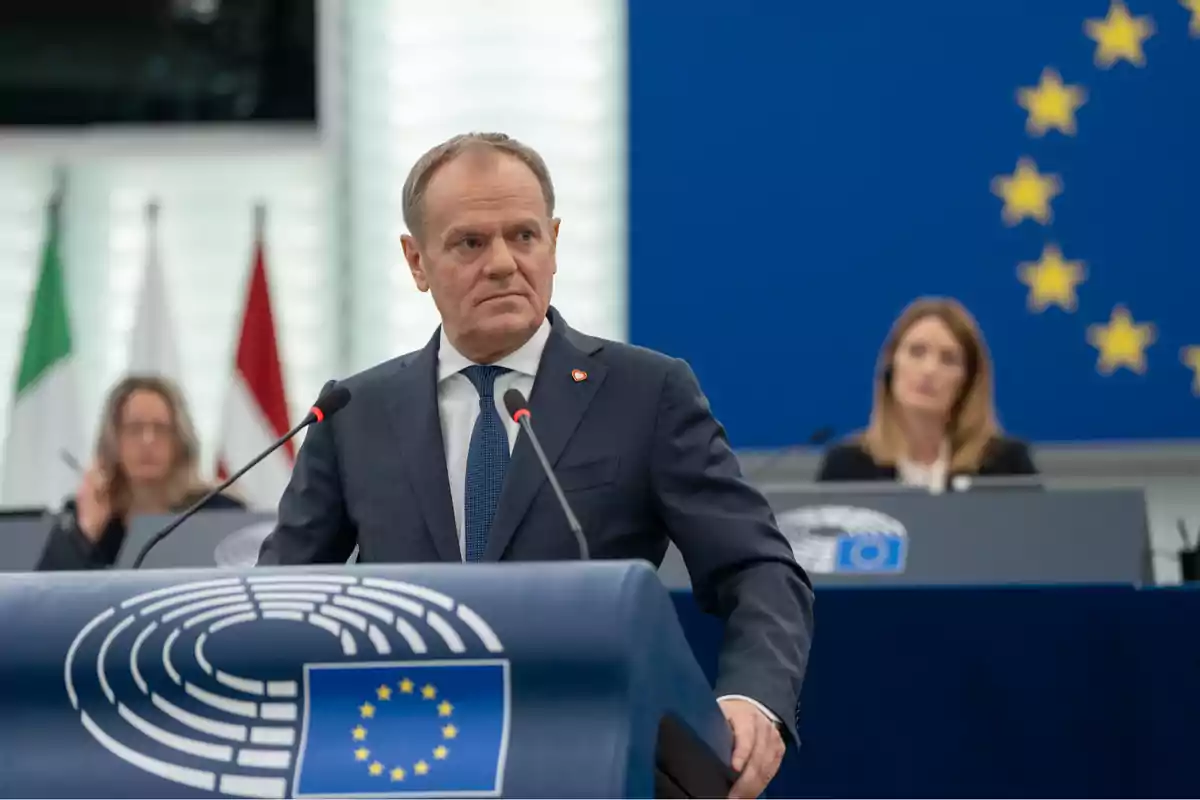
War is approaching in Europe following the exit of two countries from anti-weapons agreements
Both Poland and Lithuania announced that they are withdrawing from treaties related to the use of weaponry, and peace in Europe begins to falter.
The Polish Prime Minister, Donald Tusk, announced this Friday that he signed Poland's withdrawal from the Ottawa Treaty on Anti-Personnel Mines, which prohibits the use, storage, production, and transfer of anti-personnel mines.
In his speech before the parliament, Tusk explained that he would recommend a "positive opinion" for the imminent withdrawal of Poland from the Ottawa Treaty and very possibly also from the Dublin Treaty, which address anti-personnel mines and cluster munitions.
This decision is framed in a context of growing security concerns in Europe, especially due to the intensification of the war between Russia and Ukraine, of which Poland is a firm ally.

The Ottawa Treaty, signed in 1997, prohibits the use of anti-personnel mines due to their devastating effects on victims, who often suffer severe mutilations even if they do not die immediately.
Humanitarian organizations have denounced the prolonged impact of these mines on civilians, who have repeatedly been victims of these due to accidental encounters.
However, Tusk argued that, given the geopolitical situation in Europe and the threat from Russia, Poland must have access to all necessary means to ensure its security, even if that involves the use of mines. "In our environment, those whom we may fear, or those who are at war, all have this," Tusk said, referring to mines and cluster munitions.
Poland's stance is similar to that of other countries in the region, such as Lithuania, which recently also decided to abandon the Cluster Munitions Treaty, citing security concerns in the face of the Russian threat.
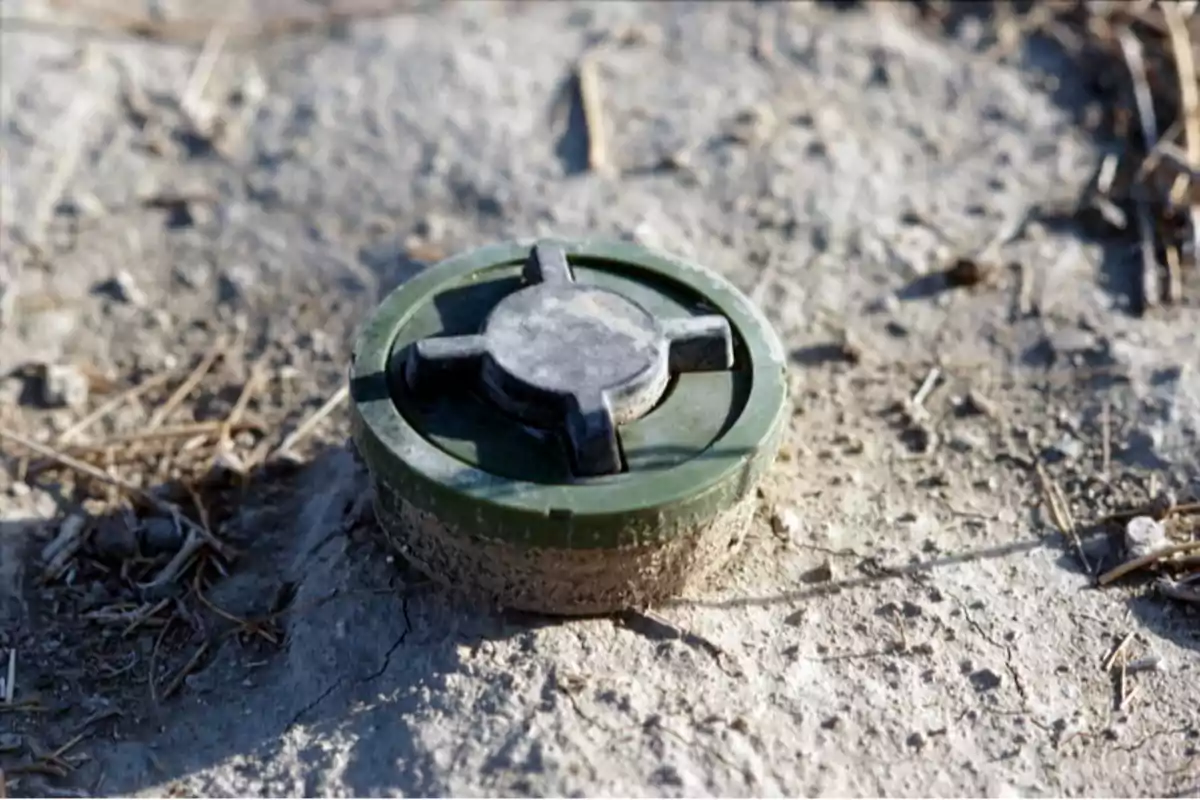
Lithuania argued that it needs all possible resources to deter a potential aggression, especially because Russia uses both anti-personnel mines and cluster munitions in its war against Ukraine.
The Baltic country is also considering withdrawing from the Ottawa Treaty that prohibits anti-personnel mines, and a final decision on this is expected in the spring.
In addition to withdrawing from international treaties, Poland has announced plans to strengthen its military defense. Tusk indicated that large-scale military training will be conducted for all adult men and that the Polish army will be expanded from 200,000 to 500,000 soldiers, in response to growing security threats in Europe.
This military expansion is also joined by an even more surprising declaration: Tusk hinted that Poland could develop nuclear weapons, mentioning the need for the country to pursue "the most advanced capabilities, including nuclear and modern unconventional weapons."
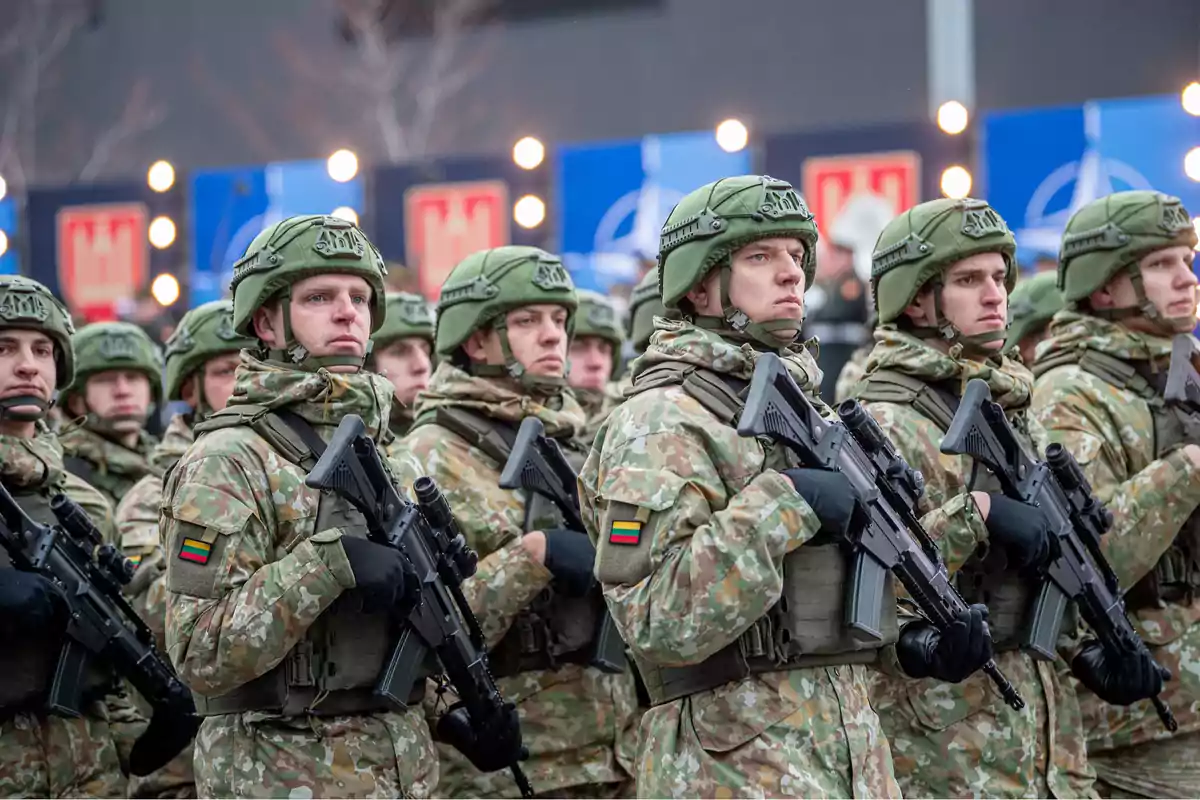
Lithuania has also been a key player in the region, and its exit from the Cluster Munitions Treaty was formalized on March 6, 2024.
This treaty prohibits the production and distribution of cluster munitions, weapons that scatter hundreds of small "bombs" over a wide area, and have been widely used by Russia in Ukraine, and vice versa, often in civilian areas.
Lithuania's decision to abandon this treaty is due to the need to have all available means to deter Russia, and it is joined by a commitment to minimize the risks these munitions may pose to the civilian population, through the use of algorithms that prevent devices from failing and not exploding.
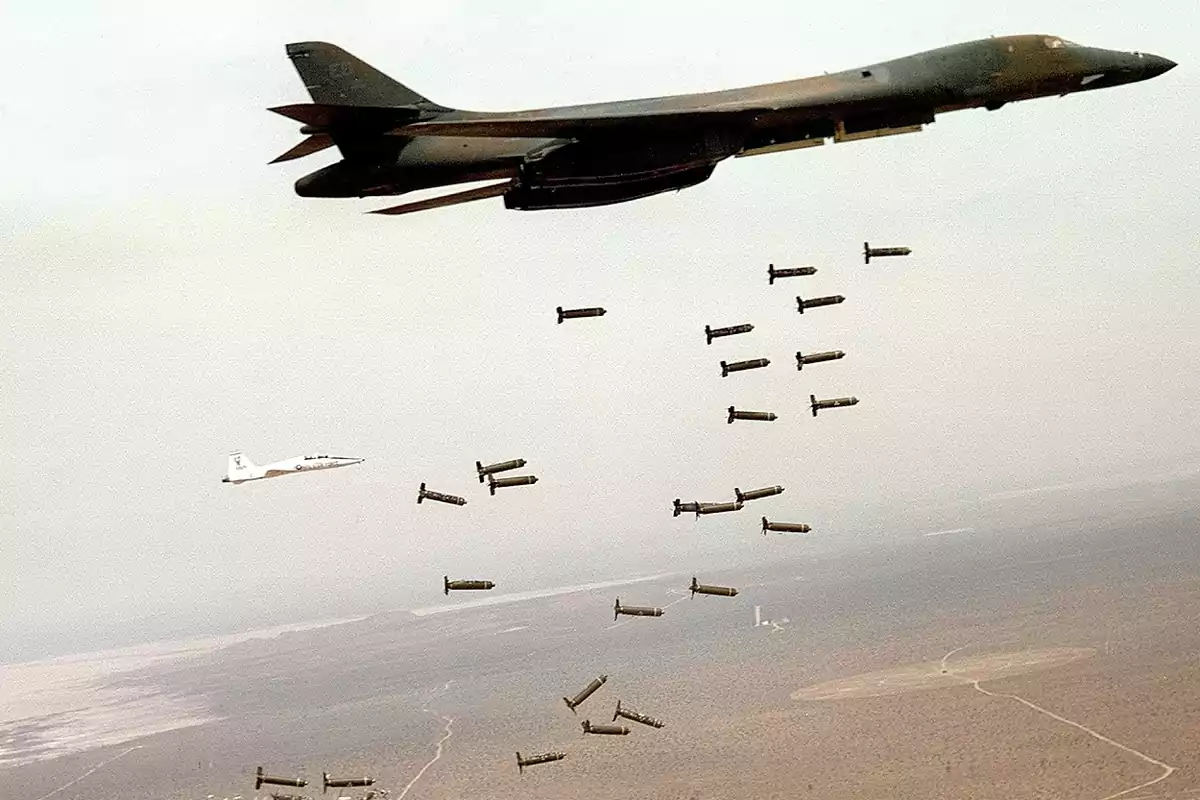
As part of this decision by Poland to withdraw from the various agreements that restrict the use of these munitions, the European country announced that it will deploy a minefield on its borders with Russia and Belarus.
Meanwhile, as a result of these announcements, the European Union through the President of the European Commission, Ursula von der Leyen, announced that military spending will be increased by 800 billion euros.
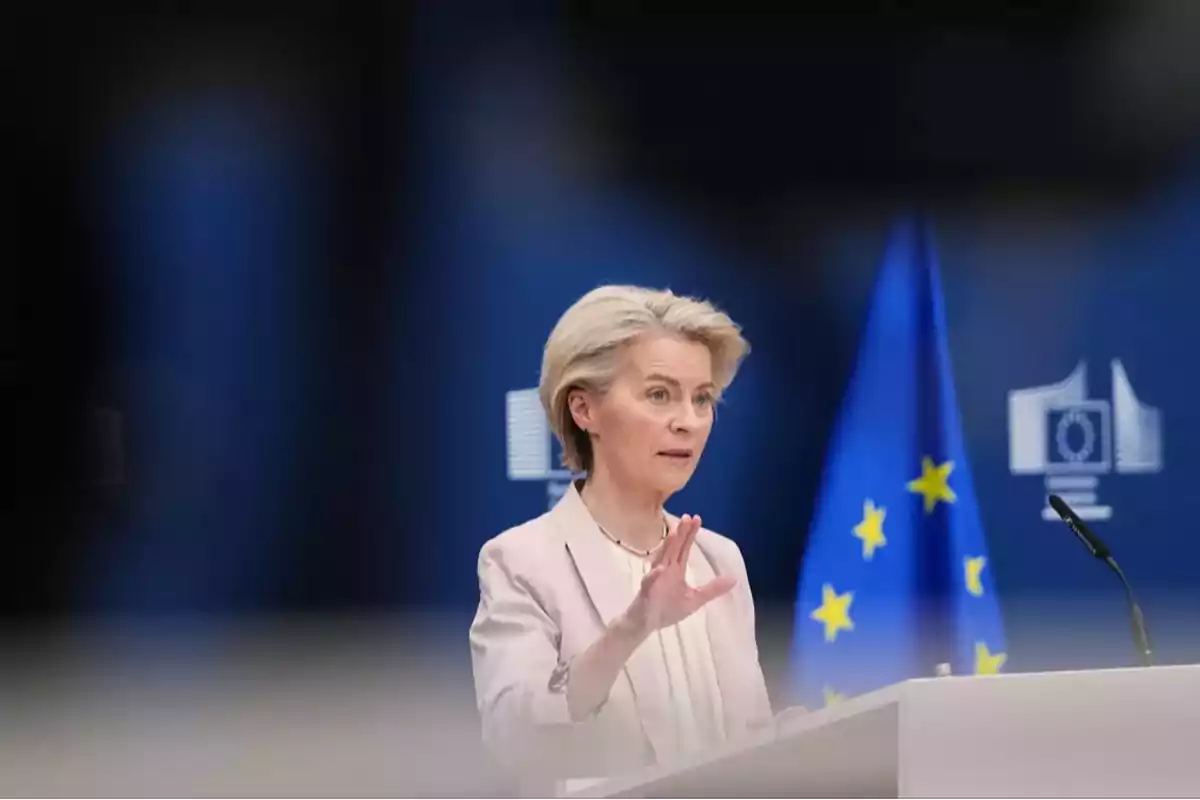
More posts: